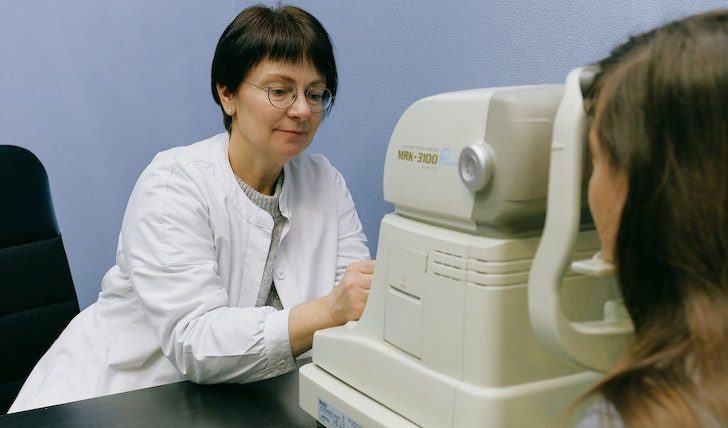When it comes to health care, there are four types of care that you should know about: Primary, secondary, tertiary, and quaternary. In this article, we will provide an in-depth look at each type of care and explain the differences between them.
Primary Care
Primary care is often the first line of medical treatment when an illness or injury occurs. It focuses on providing preventive services as well as diagnosing and treating acute illnesses and injuries. Thus, Primary care providers include:
- Family physicians
- Pediatricians
- Nurse practitioners
- Other healthcare professionals who specialize in a range of medical conditions.

Pran / Pexels | Essentially, Primary Care is the first line of medical treatment instantly after the injury or illness.
They are responsible for coordinating all aspects of a patient’s medical needs, including referrals to specialists, if necessary.
Secondary Care
Secondary care is provided by healthcare professionals specializing in a particular area or field of medicine. Thus, these specialists usually treat more complex illnesses or injuries and are typically consulted after evaluating a patient by their primary care provider.
However, this type of care refers to as specialty care and involves treatments such as:
- Coronary artery bypass surgery
- Joint replacement
- Organ transplantation
- Radiation therapy
Tertiary Care
Tertiary care is the highest level of medical treatment that can be provided for a particular illness or injury. It focuses on providing comprehensive diagnosis and treatment for conditions that require an advanced level of skill and knowledge from specialized physicians. Thus, these include cardiologists, neurologists, orthopedic surgeons, and oncologists.

Muskan / Pexels | Tertiary Care deals with the highest level of medical treatment.
Thus, patients who require tertiary care typically have severe or life-threatening illnesses. And may need to transfer to a specialized medical facility for treatment.
Quaternary Care
Quaternary care is the most complex level of healthcare that can be provided. It involves highly advanced treatments such as experimental therapies and the use of cutting-edge technology. Essentially, often in combination with other treatments.
Thus, Quaternary care centers are usually affiliated with major academic medical centers or research institutions. And are dedicated to providing specialized services for rare or extremely complex conditions.
How to Choose the Right Care?
When choosing the right type of care, it is important to consider the severity of your illness or injury, as well as any special circumstances. Primary care is usually the first line of defense and can provide preventive services and diagnose and treat acute illnesses and injuries.
Similarly, it is important to find a primary care provider that you trust, and one that has the expertise to meet your needs. For more complex issues, secondary care from specialists may be required.

Anna / Pexels | Choosing the right care depends on the nature of your illness.
However, one should only consider Tertiary care for severe or life-threatening illnesses. This means that diseases that involve specialized medical teams. Of course, with extensive experience in advanced treatments such as organ transplants or radiation therapy. Essentially, Quaternary care is reserved for rare or extremely complex conditions. Typically, involving experimental therapies and cutting-edge technology.
Nonetheless, apart from the severity of an illness or injury, there are other factors that you should consider when selecting a course of treatment. And these include:
- Availability of resources
- location
- Personal preferences.
Likewise, it is also important to discuss any available options with your healthcare provider before making a decision. Thus, doing so will ensure that you have all the information necessary to make an informed decision about your healthcare needs.















